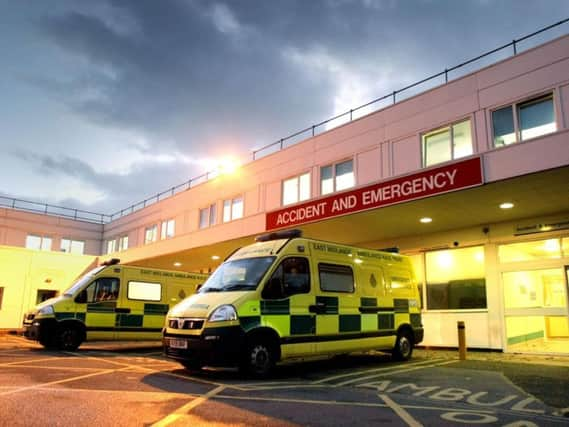Northamptonshire paramedics set to use new, 'quicker' response time targets for the first time


The move by the NHS will result in about 8 per cent of call-outs getting the quickest response. At the moment half of medic responses are classed as lif-threatening, but many are not serious or could wait longer for paramedics to arrive.
NHS bosses - including those behind the encouraging pilot and our own EMAS - say it frees up crews to reach the most needy more quickly.
Advertisement
Hide AdAdvertisement
Hide AdDr Bob Winter, East Midlands Ambulance Service (EMAS) medical director said: “The changes have been called for by paramedics and ambulance crews, the people that care for and treat the most seriously ill in our communities, and the evidence from a trial involving over 14 million calls handled shows that the change gives the opportunity to save more lives.
“We welcome the announcement. It is clear that patient safety and patient care is at the heart of this change."
The changes have been backed by medical experts after being carefully piloted on 14m 999 calls over the past 18 months.
In one of the pilot sites, cardiac arrest patients received a response 30 seconds quicker than they did previously, the evaluation by Sheffield University found. If this was repeated across the country, it could save 250 lives.